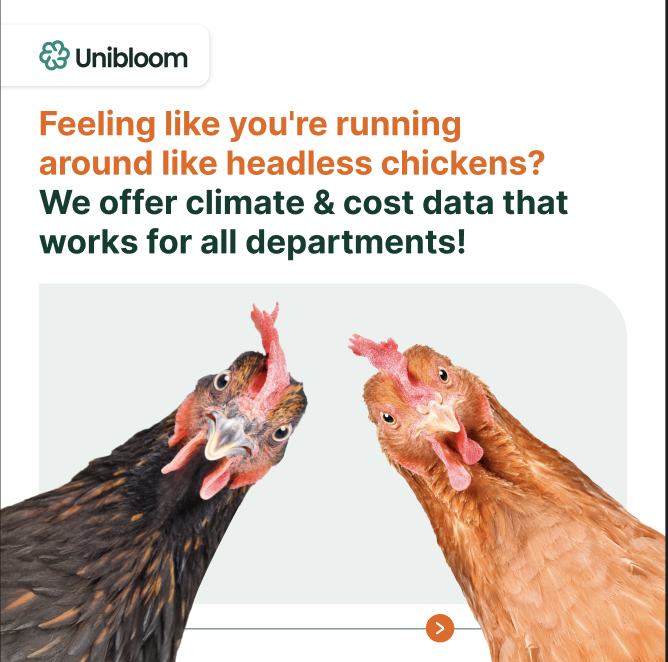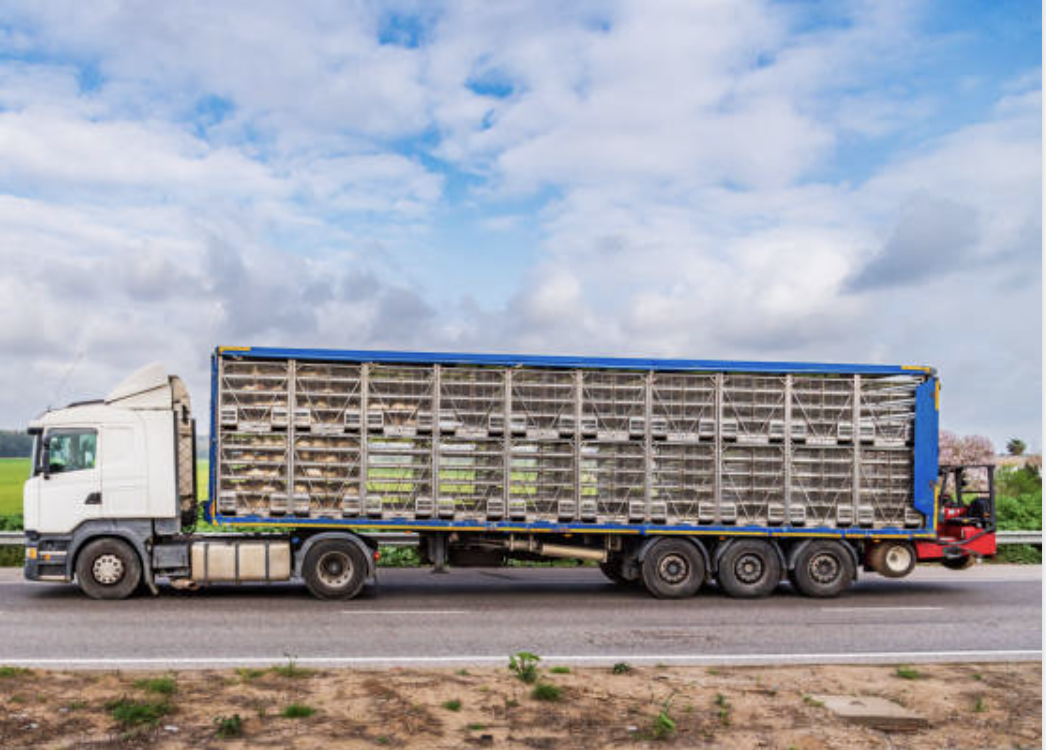Digitise your climate action plan & engage all departments
In today’s fast-paced food and consumer goods industry, driving climate actions aka sustainable business innovations, are critical, but many companies still rely on outdated tools like spreadsheets, static presentations, and endless email chains.

How automation and digitisation can accelerate climate actions
In today’s fast-paced food and consumer goods industry, driving climate actions aka sustainable business innovations, are critical, but many companies still rely on outdated tools like spreadsheets, static presentations, and endless email chains. While well-intentioned, these manual processes are inefficient and struggle to keep up with the complex demands of climate impact reduction, leaving businesses with disjointed data, mismatched budgets and ineffective strategies.
The pain points of today’s climate action process
- Siloed data and disconnected processes: Teams across procurement, operations, finance, and sustainability often work in silos, with hundreds of emails and workshops exchanging static data that doesn’t connect to real-time business plans or key performance indicators (KPIs).
- Outdated tools: Companies are still relying on spreadsheets and static presentations to manage sustainability strategies and projects, but these tools don’t offer the automation or real-time data needed to make accurate, informed decisions. This leads to outdated information and slower reaction times.
- Inefficient climate integration: Sustainable projects often remain isolated from core business processes. Climate goals are set, but they’re not integrated into daily operations like product mix, supply chain optimisation, or cost management, making it hard to align with both financial and environmental targets.
- Overwhelming complexity: Managing sustainability initiatives requires a vast amount of data—from energy usage to emission tracking—across multiple departments. Without digitisation, this complexity becomes overwhelming and leaves room for error or missed opportunities.
Automating and digitising for climate actions
- Centralised data and real-time Insights: Automation platforms can centralise all forward looking climate-related data and connect it directly to core business plans. This eliminates the inefficiency of outdated spreadsheets and allows teams to make real-time decisions based on accurate, up-to-date information.
- Scenario modeling for climate and profit mix: Digital tools can model various sustainability scenarios, helping companies assess different strategies for both climate impact and financial outcomes. Just as businesses optimise their product mix for profitability, automation can help them optimise their “climate mix”—balancing sustainable actions with business growth.
- Streamlined cross-team collaboration: By integrating data across departments, automation facilitates seamless collaboration between sustainability, procurement, finance, innovation and operations. This reduces the need for endless meetings and email chains while ensuring everyone is working toward the same climate and business objectives.
- Faster decision making and risk management: With digitisation, companies can quickly simulate and forecast the impact of sustainability initiatives, identifying risks and opportunities faster. This not only accelerates the path toward sustainability goals but also ensures that financial targets and market competitiveness remain intact.
Why Now: Urgent need for digitisation to meet climate goals and sustain profitability
For food and consumer goods companies with tight margins, digitisation is no longer optional. Here’s why it’s critical:
1. Retailer and supplier transparency
Big retailers and suppliers have committed to Science-Based Targets (SBTi) for cutting emissions, pushing their sustainability standards down the supply chain. If you want to stay in the game, you need to meet those expectations. Automating your sustainability progress & action plans eliminates manual processes and helps you stay ahead of the game without drowning in data across all departments. Bring your climate action plan visualised into the next customer negotiation.
2. Cut costs, boost efficiency
With margins already tight, reducing costs is key. Digitising your planning process, and help operations identify waste cuts, optimise resources, and reduce energy use—immediately impacting your bottom line. Centralized, automated data makes your supply chain more efficient and sustainable, without spreadsheets and PowerPoints.
3. Short window to meet climate goals
2030 climate targets are approaching fast. You don’t have time for slow, manual calculations and scenario modelling. Automating sustainability initiatives gets you there faster, allowing you to balance climate goals with business outcomes—no guesswork, just data-driven decisions.
4. Attracting investments
Investors are looking for companies that can prove they’re serious about sustainability. Automation gives you the ability to track, report, and showcase your progress, making it easier to secure funding—even in a low-margin environment.
5. Supply chain resilience
Climate risks are already disrupting supply chains. Digitisation helps you monitor risks and respond quickly—ensuring your business stays resilient, lean, and profitable.
Conclusion: The time to act is now
Digitising sustainability isn’t just about staying compliant—it’s about surviving and thriving in a rapidly changing market. Automate your processes, cut out the complexity, and stay competitive while meeting growing climate demands and continous challenges on business growth and profit.
In a world where both customers and regulators demand tangible climate action, automation and digitisation are no longer optional—they are essential to achieving sustainable innovation at scale. By replacing manual, disconnected processes with intelligent platforms, companies can drive measurable progress toward 2030 climate goals while also improving operational efficiency and profitability.
Interested to learn more? Talk to us, we are expert on the subject. calendly.com/anna-sandgren




